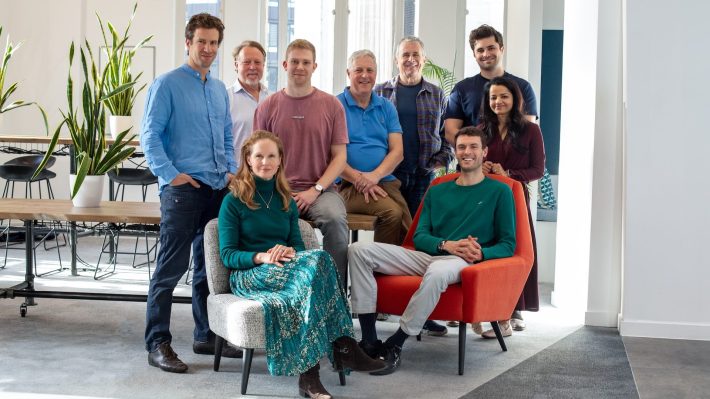London firm builds ‘data-driven deal sourcing tools’

Early stage European venture capital (VC) firm Episode 1 has closed its third fund at £76 million ($95 million), as the London-based investor turns to in-house “data-driven deal sourcing tools” to find the next big thing.
Founded in 2013, Episode 1 has a handful of exits to its name from the 70 or so companies it’s invested in over the past decade — these include 3D mapping platform FatMap, which was acquired by Strava last year, and recipe-kit startup SimplyCook which Nestlé snapped up in 2021.
Episode 1 has two previous funds, a £37.5 million inaugural pot followed by a £60 million tranche in 2017, both of which had the backing of a U.K. government scheme known as the Enterprise Capital Fund (via the British Business Bank) which pools public and private funds to invest in “high-growth” businesses.
This time around, Episode 1 has again taken government capital, but via a different vehicle known as the National Security Strategic Investment Fund (NSSIF), a joint initiative between the British Business Bank and the U.K. government targeted at “advanced technology” firms. British Patient Capital, a subsidiary of the British Business Bank, is also listed as a limited partner (LP), as is Molten Ventures — the artist formerly known as Draper Esprit — which returns after laying down capital for Episode 1’s second fund.
The deal flow factor
Episode 1 also claims around one-third of the fund’s LPs are former or current founders, including Zoopla and Cazoo founder Alex Chesterman, Wayflyer’s Aidan Corbett, and Bloom & Wild’s Aron Gelbard. Moreover, 21 of the founder LPs were previously backed by Episode 1 itself.
General partner Hector Mason says one of the benefits of having VC funds and angels as LPs is the exchange of information around deal flow.
“If you have a later-stage VC as an investor in our fund, they will often see stuff at pre-seed that isn’t in focus for them, and they’ll pass us that deal flow — and it’s the same with Angel investors,” Mason told TechCrunch. “The other benefit is when our companies need to go out to raise — we have very close ties with these funds, plus we can talk to them about what they’re seeing at different stages in the market and that sort of stuff. So it is helpful.”
As with its previous funds, Episode 1 is targeting investments of between £250,000 and £3 million at pre-seed and seed-stage startups located substantively in the U.K., while retaining a “signifiant amount” to invest in follow-on rounds. Its core focus will be on software companies in the AI, infrastructure, health, open source, “techbio,” and marketplace spaces. It will also consider investments in U.S. and European startups where they have a significant U.K. presence.
One of the notable changes in how Episode 1 operates between the previous and latest fund is that it has taken a cue from other VC firms by building its own internal software to identify founder talent as early in the process as possible. This includes collating data from all the usual repositories, such as LinkedIn, Product Hunt, GitHub, and so on, then filtering out not only the most promising startups, but also identifying those that might be looking to raise money based on signals it detects from the data.
Episode 1 has made around 15 investments so far since opening its new fund last year, including a $11 million Series A round for London-based clinical research tech company Sano Genetics. And about a quarter of these new investments, Mason said, have been sourced using its new data-driven tooling
“Everything that we’re building is focused on getting us in front of founders earlier than anyone else — and we’re very often the first fund to speak to a founder now because we’re identifying founders who are starting businesses when they have very little online footprint,” he said.

